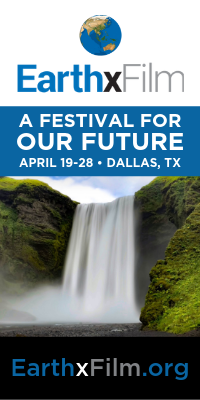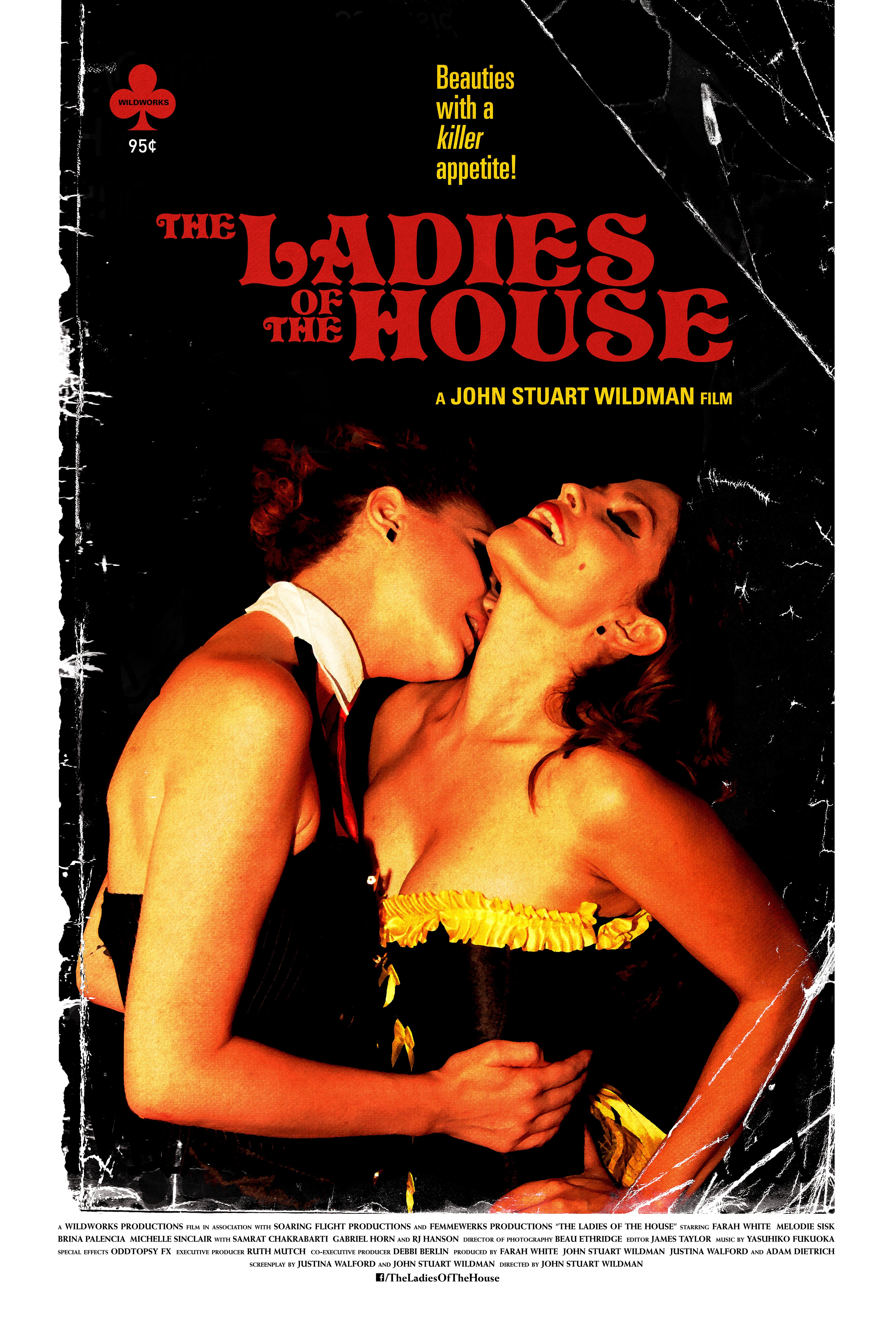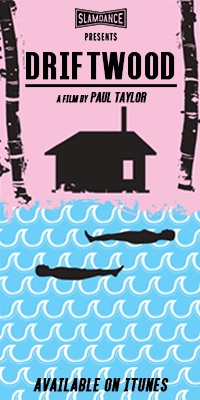In case you missed it, a massive chemical spill happened on January 9th, 2014, in Charleston, West Virginia. Never heard of it? It was the same year that the infamous lead-poisoned water scandal broke in Flint, Michigan. Flint affected 100,000 residents’ drinking water. The Charleston incident befouled 300,000 people’s faucets. All sorts of health problems arose (and continue to arise) from the “accident” – which we include in quotes because it could have totally been avoided, if only clean water regulations would be enforced. The story was tragically underreported in mainstream news outlets. Fortunately, filmmaker Cullen Hoback has made up for much of that deficiency with the release of his passionately and tenaciously pursued feature documentary What Lies Upstream, and audiences would do well to play close attention.

Maybe not so thirsty now? (WHAT LIES UPSTREAM)
Hoback follows standard a documentary template almost to the letter, but with a twist. Vigorously inserting himself into the story, the director didn’t just make a movie about what happened, he has become part of the process in figuring it all out and securing a place as part of the solution. Organically weaving himself into the tapestry of the affected communities, he gains the trust of local politicians, and the ordinary people who face the reality of tap water that smells awful and almost surely causes harm. And Hoback doesn’t just stay on the story for a week or two, but for months upon months. He challenges balking politicians and industry mouthpieces. He does his robust research into the dangers of the offensive contaminant – a coal detergent called MCHM – only to find that there’s been very little scientific investigation and some of it is actually being kept a secret. He even embarks in sample-taking of the Elk River where the spill happened – with some very surprising results. Hoback isn’t just reporting on the story, he is now a part of it.

WHAT LIES UPSTREAM
In terms of film style, What Lies Upstream is almost sneaky. Hoback has a knack for ingratiating himself with people and gaining trust. It doesn’t matter that he’s a California liberal. He masterfully parlays his few childhood memories from visiting relatives in West Virginia into full acceptance by the vocally anti-regulation, anti-Obama residents who are struggling to get answers from the water authority, health officials and even Senator Joe Manchin. Sometimes he seems to record people surreptitiously, but always, he puts speakers at ease, often evoking candid and unintentionally revealing conversations. It all ends up painting a very damning picture of a corrupt system that doesn’t care about local cancer rates, misleading health information and cost-cutting measures which threaten huge communities. More than just a filmmaker, Hoback almost seems to be running a confessional booth, all the while playing himself up as the erstwhile priest. What materializes is a stunning portrayal of people who seem to want to do the right thing, are compelled to do the wrong thing, but can’t hide their conflicted souls from the director’s gaze. Hoback’s genuine empathy and relentless pursuit of the truth serves not only as an instruction in documentary cinema, but to a sort of activism which transcends the immediacy of the viewing experience.

Cullen Hoback is on the case… (WHAT LIES UPSTREAM)
WHAT LIES UPSTREAM can be found on iTunes at: https://itunes.apple.com/us/movie/what-lies-upstream/id1315283487








READER COMMENTS